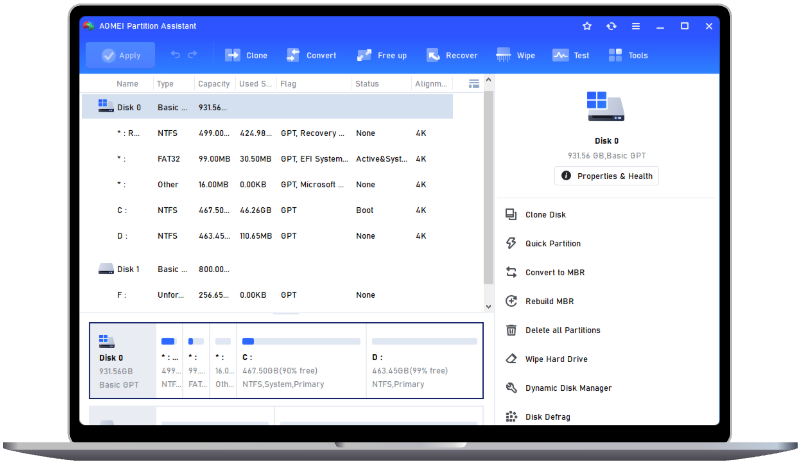Microsoft Clarifies Why Windows 11 Orders TPM 2.0 Equipment Support
Future PCs need to use modern hardware to resist attacks from viruses and hackers, and TPM 2.0 will help improve hardware security. This is the original intention of Windows 11 requiring TPM 2.0.
After Microsoft delivered the Windows 11 operating system, numerous clients who like early adopters saw compulsory prompts for the "Confided in Security Module" (TPM) when they ran the "system Upgrade Checker" this week. This implies that notwithstanding the new (UI), Android application support (WSA subsystem), pointer cooperation and other experience revives, Microsoft focuses harder on the security upgrades that Windows 11 can bring. Consequently, there is no space for arrangement on the help of TPM 2.0.
It is accounted for that TPM is a chip that can store content, for example, encryption keys and account accreditations, generally identified with the PC motherboard or processor, however not all framework clients as of late have decided to empower it.
One more point of convergence of the discussion is that Microsoft is to some degree dubious in its depiction of "Windows 11 similarity." Until, the companies corporate and working framework security chief David Weston distributed another article on the Windows Security Blog: “Future PCs need to use this root-of-trust of modern hardware to help defend against common and complex attacks. Such as ransomware and complex attacks by heavyweight hacker groups. By forcing a built-in root of trust, Windows 11's requirements for TPM 2.0 will also help improve hardware security standards."
In view of this, of course, any framework confirmed for Windows 11 will incorporate the TPM 2.0 chip.
It will be essential for a more extensive arrangement of safety devices, including the capacity to utilize Windows Hello, and backing for equipment level compulsory stack assurance on Intel/AMD frameworks, and such PCs can be utilized out of the crate.
David Weston added: The security requirements for the new hardware that come with the new version of the Windows operating system are designed to build a stronger foundation that is more resistant to attacks against certified devices. We are well aware of the effectiveness of this program-PC products with a core security will be twice as resistant to malware infection as before.
It is right now realized that OEM makers including Acer, Asus, Dell, HP, Lenovo, Panasonic, and so forth will offer strong help for TPM 2.0 for the new framework. Concerning how the shopper PC DIY market will create, it is not yet clear.

